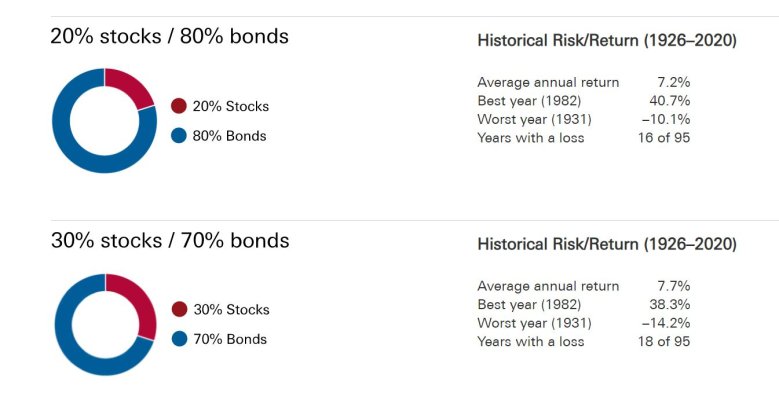pb4uski
Give me a museum and I'll fill it. (Picasso) Give me a forum ...
Not necessarily criticizing, but this is essentially the same as buying on margin, right? Arbitrage the certain loan rate vs the hoped-for investment gains.
I guess one could view it that way.
But the risk of a mortgage and a risk of margin are totally different because the interest rate paid on the loan is totally different so the net risk is different. With a mortgage then the investments that would have been sold had you not gone with a mortgage only need to yield more than the mortgage rate over 30 years for the borrower to come out ahead. With margin the interest paid is much higher therefore the return needed to win is much high higher... plus the timeframe is much shorter so volatility can kick you a$$. Plus, there is no such thing as a margin call on a house so it really isn't even close the same thing.
What about all those people who can't buy a home for cash but instead make a down payment and then take a mortgage loan for the rest? I guess that they are real risk takers!
Last edited:



